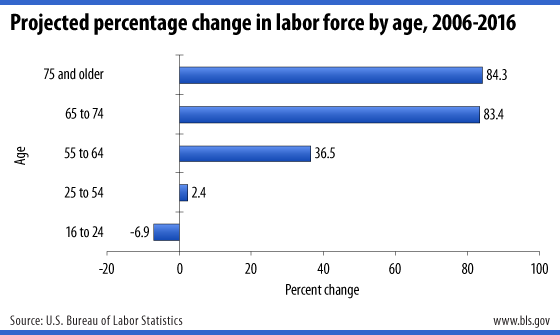CHART OF THE DAY: How's your retirement fund?
Real quick shot for a busy Thursday...
In the last year I have hit the entire topic of the tightening labor market from a few different angles (companies reporting jobs are hard to fill, candidates control the conversation, more people are voluntarily quitting their jobs than at any time in a decade), and today I wanted to share one more data point that suggests a tougher market for employers.
Many folks retirement piggy banks have come back from the lows of the 2008/9 financial crisis.
Here's the chart, courtesy of Financial Planning, and then of course some FREE commentary from me.

Some quick thoughts:
1. US retirement assets (from all sources) stood at $24.7 trillion at the end of 2014, an all-time high. And a remarkable comeback from the huge drop in 2008 when so many folks had to dip into their savings after they lost a job and the markets themselves were in free fall.
2. One of the reasons older workers have been unable or unwilling to consider either retiring or moving to some kind of reduced work schedule in the last few years, that their 401(k) balances were in the dumpster, has for many, disappeared. Sure, there might be other compelling reasons someone will extend their working career, but a rock-bottom retirement account balance is less likely to be one of them.
3. There is no doubt in my mind that in just about every organization there are older workers who will open their 1st quarter 2015 account statements and think to themselves, "Hmm.... Maybe it's time to hang it up." And for most of these folks, it won't matter if they are the only person at the company that knows how to do XYZ or they are the one with the key relationship with important customer ABC. For them, it is just about totally a decision about $ and quality of (retired) life.
4. HR/Talent pros - keep one eye on the S&P 500 and one eye on your voluntary termination trends this year - particularly with your experienced, senior-level, 50+ employees. I bet the two lines are going to move in the same direction, and if you don't want to be the one who has to explain what is going on in November when the CEO asks you why all the VPs are retiring at once.
Happy Thursday.

 Steve
Steve
